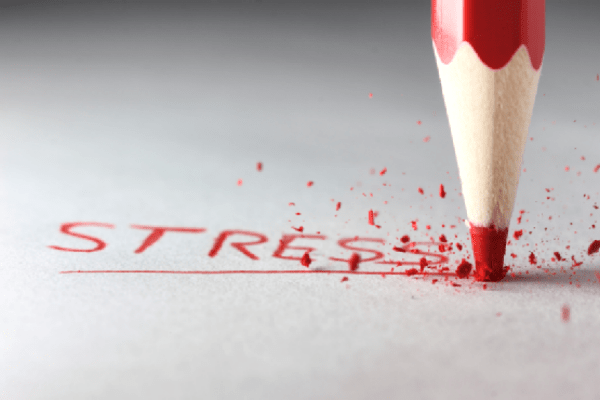Art & Soul Connections, an eclectic spiritual center in suburban Chicago that offers a variety of experiential workshops including drumming and shamanic touch, advertises the availability of "guided meditation for relieving stress." A web service irreverently boasts in a radio commercial that its tips and news items will do more to reduce your stress level "than some bald monks banging on drums." Companies, park districts, continuing education programs, and self-help groups across the country increasingly tout calmness as one of the benefits of meditation.
Indeed, decades of scientific research support anecdotal reports that meditation relieves stress, slows the growth of tumors, alleviates heart disease, and improves health. Studies show that experienced meditators can slow down their breathing and heart rate, even lower the ability of their skin to conduct an electric current--all physiological processes associated with reduced stress.
But experts in meditation say the perception that meditation's effects are always calming is too simplistic. "The idea that meditation is a relaxation response is a fairy tale," says Roger Walsh, professor of psychiatry, philosophy, and anthropology at the University of California at Irvine and a long-time meditator. "There is a general trend toward calm. There's no question about that; the research is clear. But as anyone who's done an intensive retreat will affirm, the process is cyclical, calming of the mind leads to a dissolving of the defenses." When that happens, a meditator may experience fears, anxieties, jealousies, anger, or sadness. Then, depending on their intensity, these feelings will dissolve into a deeper level of calm, which at some point will again be followed by the release of yet more unconscious material. Thus, says Walsh, an apt metaphor for meditation is a "a roller coaster heading in the direction of calm."
Much of the confusion surrounding meditation stems from the fact that, in the rush to reduce stress, we've overlooked the fact that meditation was never intended as a counterweight to pressure-cooker lives. Meditation was--and is--a very powerful tool for the examination of consciousness. Stress reduction is merely a secondary effect, albeit a valuable one.
According to New York psychiatrist Mark Epstein, author of the best-selling books "Going to Pieces Without Falling Apart" (Broadway Books, 1998) and "Thoughts Without a Thinker" (Harper Collins, 1996), meditation became strongly associated with promoting calmness because of how it was introduced in the U.S. One early pioneer in meditation research, for example, was Harvard professor Herbert Benson, whose studies of Transcendental Meditation practitioners led him to describe the "relaxation response." But, it is important to keep in mind, adds Epstein, that while "meditation can be helpful in relieving stress because it gives people more control over their reactions to events or experiences," it can also "make people aware of basic, existential fears."
But this awareness, although uncomfortable and painful, is often welcomed in spiritual practice and psychotherapy, says Walsh, because it's seen as an opportunity to resolve the psychological stress and upset. To work with these opportunities most effectively, Epstein recommends finding a qualified teacher. "No one these days would try to teach a child to ride a bicycle without a helmet. The same is true with meditation. It is important that [health] programs are handled by teachers equipped to deal with all the potential ramifications."
One of the dangers of the increasing number of secular meditation programs--or even some that are spiritually based--is that they may take a meditation practice that was developed within a specific spiritual context, with safeguards and supports, and plunk it down in isolation. The answer is not to avoid meditation, but to make sure that those who are leading such groups understand its dynamics, recognize when people are entering potentially troubling territory, and have someone to call on for help if they are in over their heads.
"From a Buddhist perspective, the ultimate purpose of meditation is to realize that the self doesn't have the reality we have attributed to it," Epstein says. "That can be a liberating or frightening discovery. If it is frightening, you'd better have a good teacher--or a good referral."

